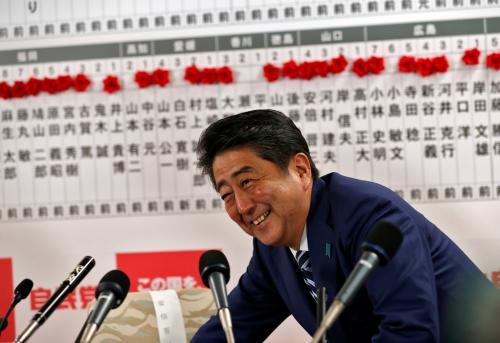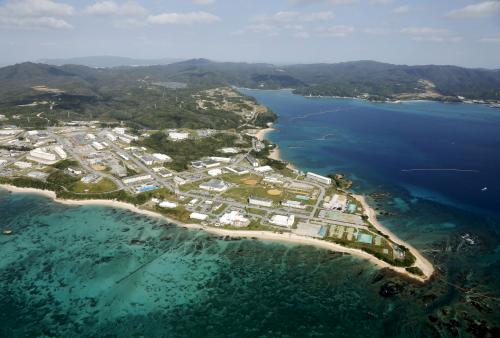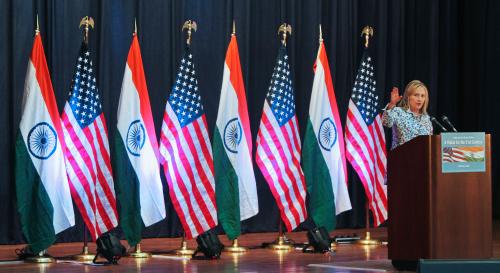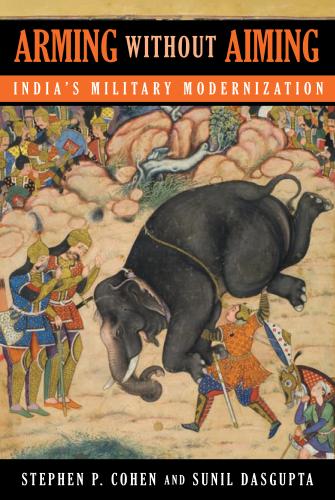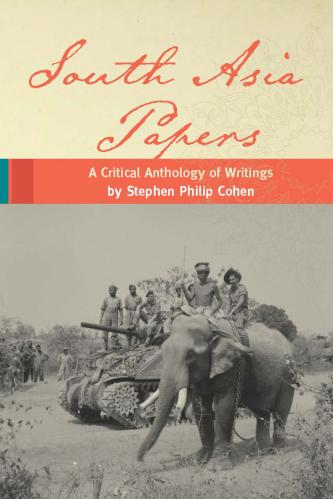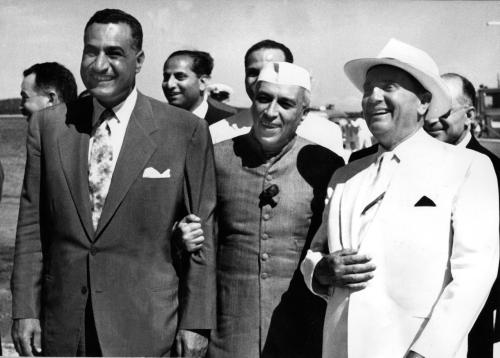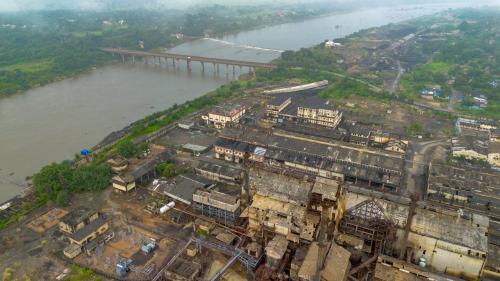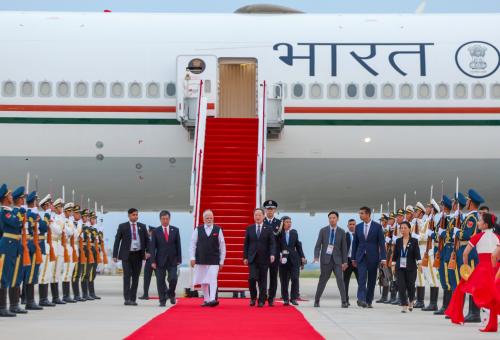Content from the Brookings Institution India Center is now archived. After seven years of an impactful partnership, as of September 11, 2020, Brookings India is now the Centre for Social and Economic Progress, an independent public policy institution based in India.
This chapter, reproduced with permission from the editor and publisher, originally appeared in India Now And in Transition, edited by Atul K Thakur and published by Niyogi Books (2017). The views are of the author(s).
Strategy is a much misunderstood, misused, and maligned concept. In general, it refers to how individuals and organisations set goals and attempt to achieve them under uncertain conditions and with limited resources. In the context of national policymaking, the term ‘strategy’ is often used as shorthand for ‘grand strategy’. Grand strategy is how a national leadership controls and utilises resources to effectively promote a country’s vital national interests and secure those interests against adversaries. A successful strategy depends in large part on its feasibility and sustainability.
As India emerges in the 21st century, evolving gradually into a middle income country with increasingly global interests, it will find itself adapting to a rapidly evolving international system. India’s resources today are
greater than at any time in its history, and it no longer confronts existential threats. But while the country may now be less vulnerable, it will have to confront different—and sometimes unprecedented—challenges.
Are India and its leaders up to the task?
The Brookings Institution is committed to quality, independence, and impact.
We are supported by a diverse array of funders. In line with our values and policies, each Brookings publication represents the sole views of its author(s).


